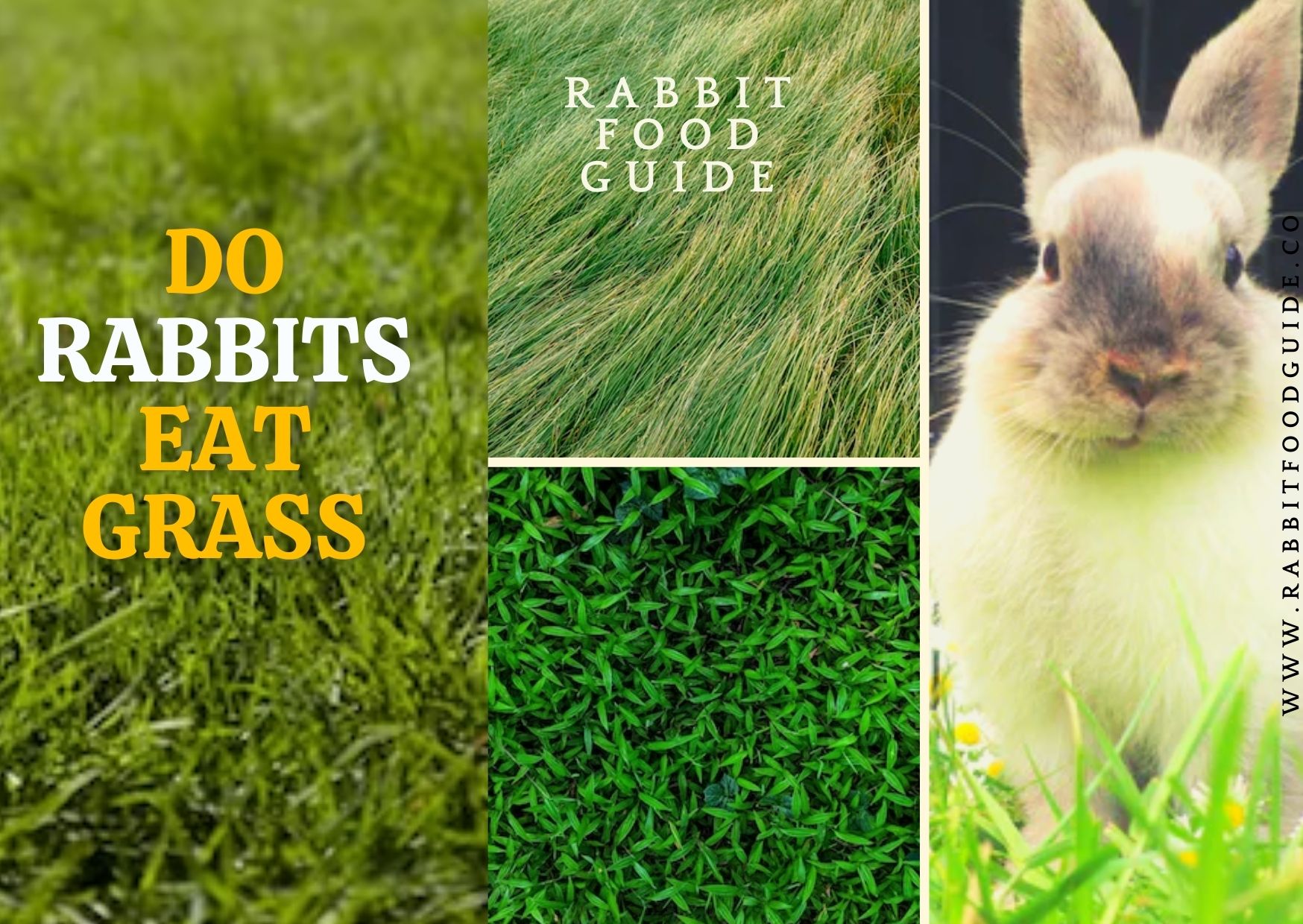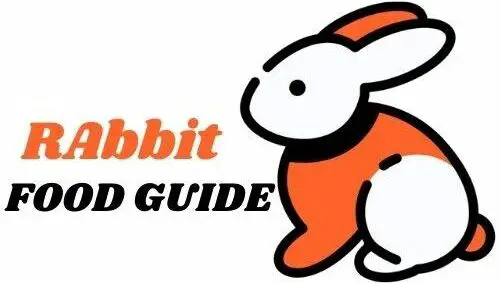
Table of Contents
Do Rabbits Eat Grass?
As perhaps of the most well-known pet all over the planet, bunnies are known for their charming looks and feathery fur. They are additionally famous as livestock because of their meat and fur creation. However, a lot of people want to know if rabbits consume grass in their diet. We will investigate whether rabbits consume grass as part of their diet and look into their eating habits in this article.
Introduction
Because they are herbivores, rabbits primarily consume plants. Hay, fruits, and vegetables are usually the staples in their diet. Notwithstanding, some bunny proprietors might contemplate whether grass can likewise be a piece of their pet’s eating routine.
What Do Rabbits Eat?
Let’s take a closer look at what rabbits typically consume before discussing whether or not they consume grass. As previously stated, hay, such as timothy hay, grass hay, or oat hay, makes up the majority of the diet of rabbits, who are herbivores. They also require a wide selection of fresh fruits and vegetables, such as apples, leafy greens, and carrots.
Can Rabbits Eat Grass?
Indeed, hares can eat grass. In fact, a rabbit’s natural diet in the wild includes grass. However, feeding rabbits grass poses some risks, and not all kinds of grass are suitable for them.
Health Benefits Of Grass For Rabbits
Fiber, which is necessary for rabbits to have a healthy digestive system, can be found in abundance in grass. Additionally, it contains essential vitamins and minerals for their overall health. Grass can also help a rabbit’s teeth, which grow continuously throughout their lives, wear down.
Risks Of Feeding Grass To Rabbits
While grass can give some medical advantages to bunnies, there are additionally a few dangers to consider. To begin, there is a possibility that some varieties of grass contain pesticides or other harmful chemicals that are toxic to rabbits. Additionally, you should steer clear of grass that has been treated with fertilizers or other chemicals.
Feeding grass to rabbits has the additional risk that they can consume disease-causing germs or parasites. It’s crucial to ensure that the grass is fresh and free of any clear indicators of pollution for the purpose to reduce this risk.
Best Grass For Rabbits
When it comes to providing rabbits with grass to eat, not all varieties are created equal. The best grass for hares is a sort that is liberated from synthetics and pesticides, and that has not been treated with composts. Moreover, it’s essential to pick a grass that is suitable for bunnies’ stomach related frameworks.
The absolute best sorts of grass for hares incorporate knoll grass, ryegrass, and fescue. These kinds of grass are high in fiber and give various supplements that are fundamental for hares’ wellbeing.
grass just goes straight through the digestive system without contributing a thing. Yet grass is surprisingly rich in protein, carbohydrates, minerals such as iron, phosphorus, magnesium, vitamin C, and vitamin E. Of course, it is abundant in fiber.
a-z animal.com
How To Feed Grass To Rabbits
There are a few things to keep in mind before feeding your rabbit grass. To start, it’s important to slowly introduce it into their diet to avoid upset stomachs. Begin with a low dosage and gradually increase it over time.
It’s also important to make sure the weed is clean and free of harmful chemicals and bacteria.You can buy weed from a reputable source or grow it yourself.
Alternatives To Grass For Rabbits
Hay is an essential component of a rabbit’s diet, and they ought to always have access to it. It contributes to the health of their digestive system and is an excellent source of fiber. The most common kind of hay for rabbits is timothy hay, but youcan also feed them orchard grass, oat hay, and alfalfa hay.
Vegetables
Vegetables are one more fundamental piece of a hare’s eating regimen. They add variety to their diet and essential nutrients. A few vegetables that are ok for bunnies to eat include:
- Carrots
- Broccoli
- Bell peppers
- Cucumber
- Celery
- Kale
- Spinach
- Parsley
Pellets
Pellets are yet another option for getting your rabbit the nutrients it needs. Pick premium rabbit-specific pellets of the highest possible quality. Pellets containing dried fruit, nuts, or seeds should be avoided because they may be high in sugar and fat.
Treats
Treats ought to be given sparingly and in little amounts. For rabbits, some safe treats include:
- Apples
- Bananas
- Blueberries
- Strawberries
- Papaya
Conclusion
All in all, while grass can be an extraordinary expansion to a bunny’s eating routine, it’s not by any means the only choice. Bunnies can eat different food sources, including feed, vegetables, pellets, and treats. Make a point to give your hare a fair eating routine and acquaint new food sources progressively with keep away from stomach related issues.
FAQ
Can rabbits eat grass from the lawn?
Rabbits are allowed to consume lawn grass as long as it is free of pesticides and other chemicals.
How much grass should I give my rabbit?
You can give your rabbit a handful of grass every day, but you should start slowly to avoid problems with their digestion.
Is it safe to give my rabbit vegetables?
Yes, rabbits can eat vegetables safely, but introduce new vegetables slowly to avoid digestive issues.
What kind of hay is best for rabbits?
The most common kind of hay for rabbits is timothy hay, but you can also feed them orchard grass, oat hay, and alfalfa hay.
Can I give my rabbit treats?
Indeed, you can give your hare treats, however try to give them sparingly and in little amounts to keep away from stomach-related issues.
